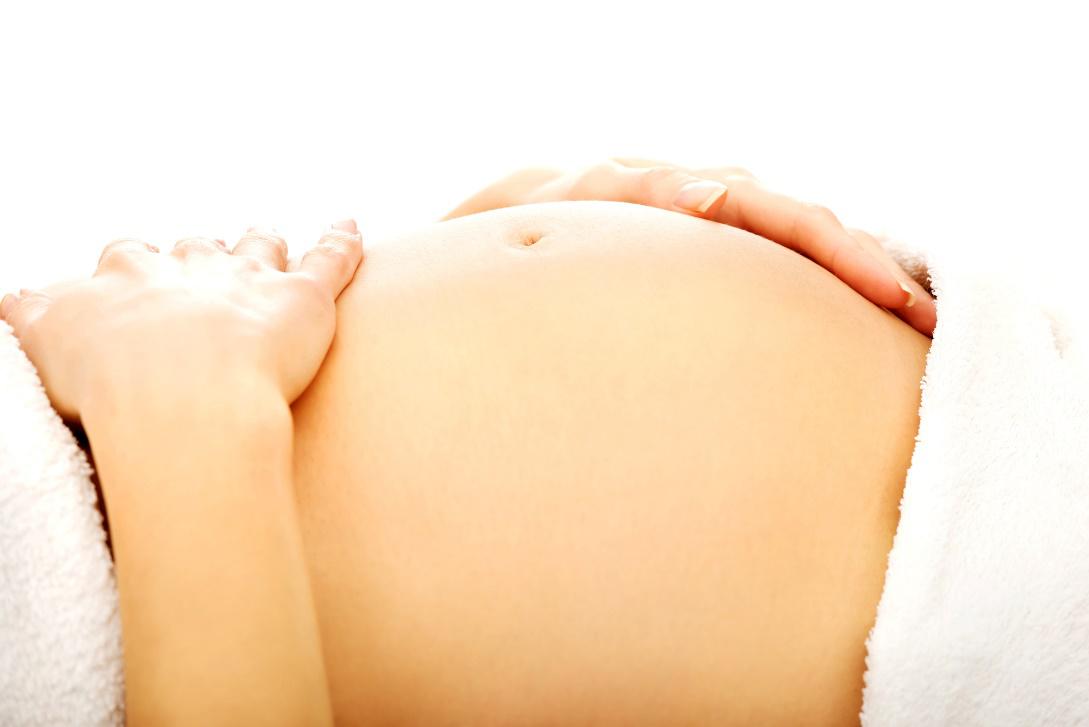Blog Layout
Your Pregnancy And Gastroenterological Symptoms — What To Expect
Admin • May 21, 2019

During pregnancy, your body undergoes many changes — both temporary and permanent. Symptoms of these changes and their treatments vary from woman to woman, so you need to be aware of what to look for and when to seek medical care.
Your gastrointestinal system often experiences changes and new challenges during and after pregnancy. However, many women aren't aware of what's normal and what changes may not be so common. What should you look for? And how should you react to new gastrointestinal (GI) issues that creep up? Here are a few answers.
Vomiting
Few people would be surprised to know that nausea and vomiting are the most common intestinal issues when pregnant. You're most likely to have nausea and throw up during the first few weeks after becoming pregnant, but some people experience it for much longer. Hormones cause large changes in your system, often leading to discomfort. Fortunately, this usually minimizes over time.
There are many safe over-the-counter aids for nausea, but you should see your doctor if it fails to resolve itself after time. Serious vomiting can be dangerous if you lose important nutrients and electrolytes or if you lose the weight that you need to stay healthy with your little one. If this keeps happening, seek help from a qualified doctor.
Diarrhea or Constipation
Changes in your bowel system are common during pregnancy — and aren't surprising, given all the changes your system is dealing with. The necessary hormone progesterone is also a major cause of bowel changes. You can often reduce constipation by adding more fiber to your diet and by using over-the-counter stool softeners.
Diarrhea can be more dangerous because, as with vomiting, it can rob your body of hydration and needed nutrients. If you suffer prolonged bouts of diarrhea, try to replenish your electrolytes and consult with a gastroenterologist with experience helping pregnant women find safe diarrhea cures.
Acid Reflux
Heartburn happens to most people at some point, and it's often exacerbated by physical changes as the uterus grows. There are a variety of home treatments you can pursue, ranging from antacids to avoiding certain foods. If you suffer from a new problem with acid reflux, keep a food diary to determine if a pattern exists. A gastroenterologist can also help identify the best way to reduce esophageal irritation.
Hemorrhoids
Hemorrhoids are unpleasant, but they are generally not overly dangerous. Many women experience them as a result of other factors, such as constipation. If you get this discomfort and irritation from hemorrhoids, start with a safe home treatment like soaking in a warm bath or using Epsom salts. If these don't do the trick, ask your doctor which over the counter treatment creams would be safest for you and your baby.
Gallstones
The gall bladder isn't directly affected by a growing pregnancy, but changes in hormones can affect levels of cholesterol in your body. This, in turn, changes the bile produced within the gallbladder and can even create stones within this small organ.
Gallstones are generally recognizable by symptoms like pain in your upper abdomen, pain in the right shoulder, or pain within your shoulder blades. Gallbladder attacks can also be mistaken for normal nausea and vomiting symptoms of pregnancy. Modern surgical techniques can treat or even remove the gallbladder with minimal invasion.
Most GI issues that affect women during this time can be treated with safe and time-tested practices. If you have concerns about any of your own symptoms, meet with an experienced gastroenterologist at your earliest convenience. At Kentuckiana Gastroenterology, our providers help you find the right ways to reduce symptoms and protect the health of both mother and child. Call today to make an appointment.
Share
Tweet
Share
Mail
CONTACT INFORMATION
Phone:
(502)-893-7744
Address: 1003 N DuPont Square Suite 9A
Louisville, KY 40207
Hours of Operation:
- Mon - Fri
- -
- Sat - Sun
- Closed





OUR LOCATION
BROWSE OUR WEBSITE
CONTACT INFORMATION
Phone:
(502) 893-7744
Address: 1003 N DuPont Square Suite 9A
Louisville, KY 40207
Hours of Operation:
- Mon - Fri
- -
- Sat - Sun
- Closed





OUR LOCATION
Content, including images, displayed on this website is protected by copyright laws. Downloading, republication, retransmission or reproduction of content on this website is strictly prohibited. Terms of Use
| Privacy Policy









